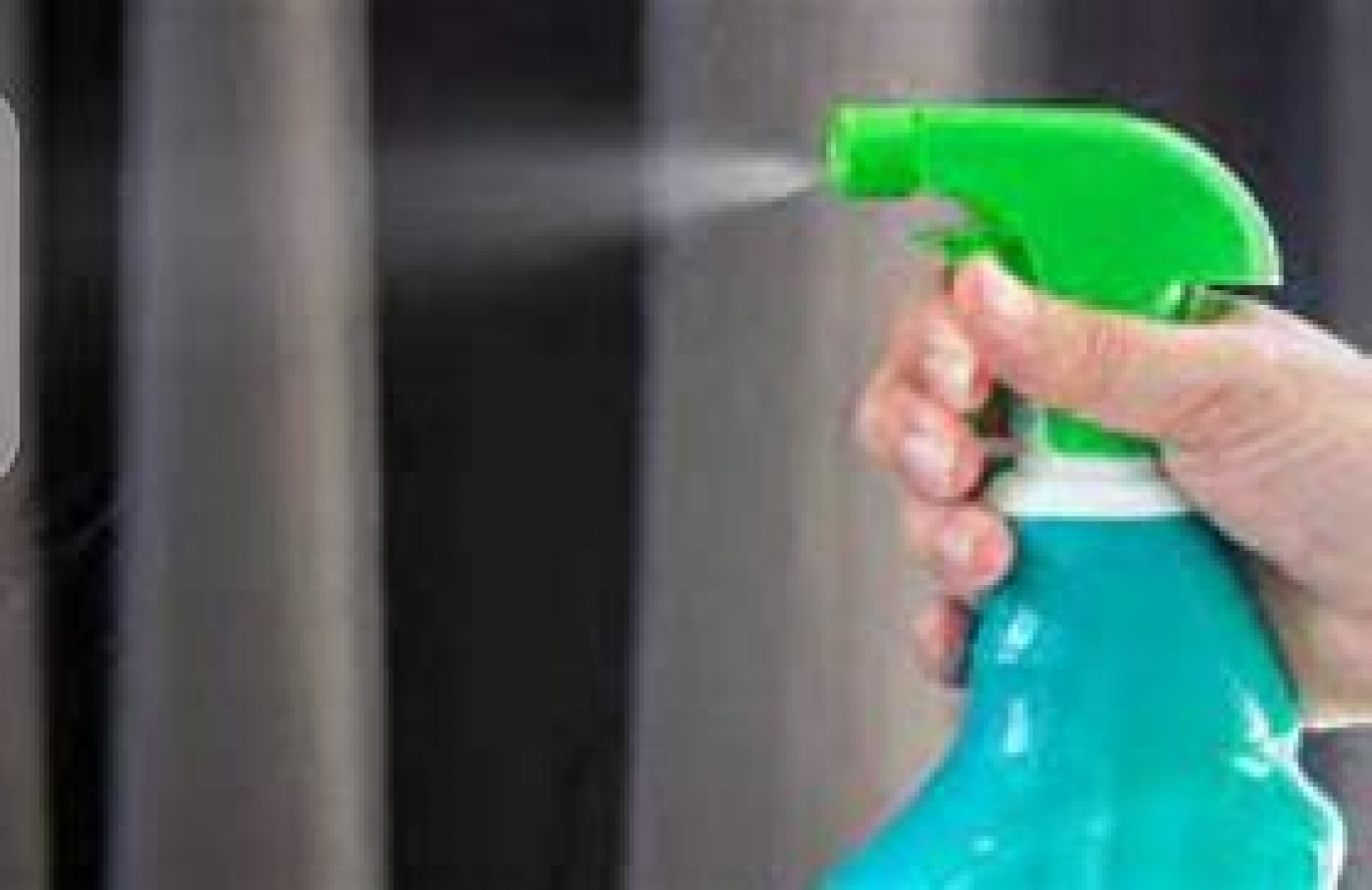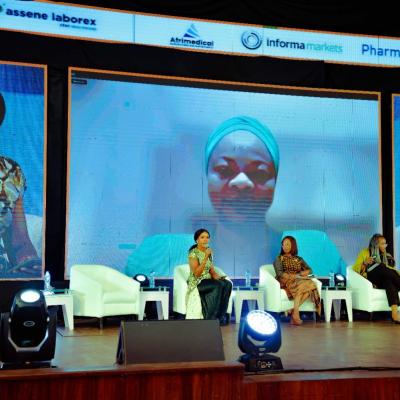The study’s findings were presented at the European Respiratory Journal International Congress.
Previous research has warned against babies being exposed to cleaning products such as dishwashing soap, dishwasher detergent, multi-surface cleaners, glass cleaners, and laundry soap because of the link to asthma.
According to experts, these products often contain chemical compounds that inflame the airways and make it difficult to breathe.
Professor Cecilie Svanes of the University of Bergen in Norway and one of the authors of the latest study said their work shone new light on the relationship between parental exposure to chemicals and child health.
“Many future mothers are exposed to potent chemicals at work, but potential offspring health effects are hardly investigated.
“However, emerging research suggests that parents’ chemical exposures before conception might influence the health of future offspring,” she said.
Although the team has theorised that exposure to cleaning agents may impact a woman’s eggs increasing childhood asthma, Professor Svanes added that this was speculation, and more research was needed.
“Further research is imperative, considering the potential implications for vast numbers of women in childbearing age using cleaning agents, and their children,” she said.
This is not the first time that a study has linked supposed ‘clean living’ to poorer health outcomes for children.
Previous studies have also suggested some professions are at greater risk of developing diseases relating to exposure to cleaning products and disinfectants.
A US study in 2019 of more than 70,000 female nurses found they had a 25-35 per cent increased risk of developing chronic obstructive pulmonary disease, a name for a variety of lung conditions, due to occupational exposure to these products.
The researchers found potential links between being exposed to household chemicals and pregnancy complications.
According to them, these complications included preterm birth, low birth weight, pregnancy loss, and conditions in the baby’s later life, such as asthma.
“It is important to remember that only potential links have been found.
“These complications may have been caused by other factors, including lifestyle choices and various other health conditions.
“Some evidence shows that using cleaning sprays, air fresheners and solvents during pregnancy may increase the risk of wheezing and infections for children after birth.
“However, much more research is needed to fully understand the relationship between exposure to chemicals and the risk of developing asthma,” the researchers observed.
source: PunchHealthWise










